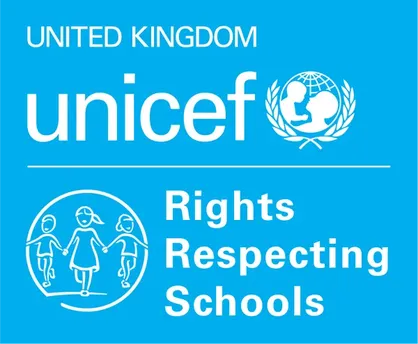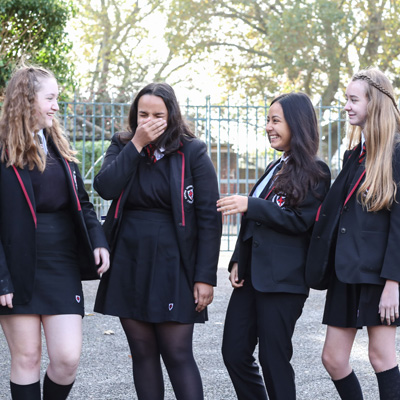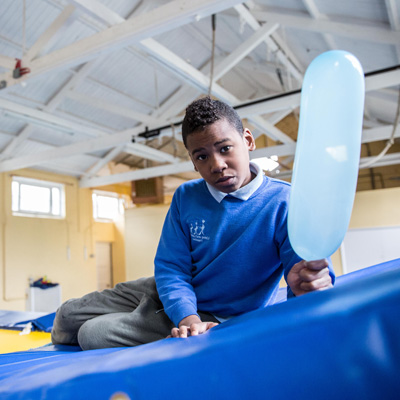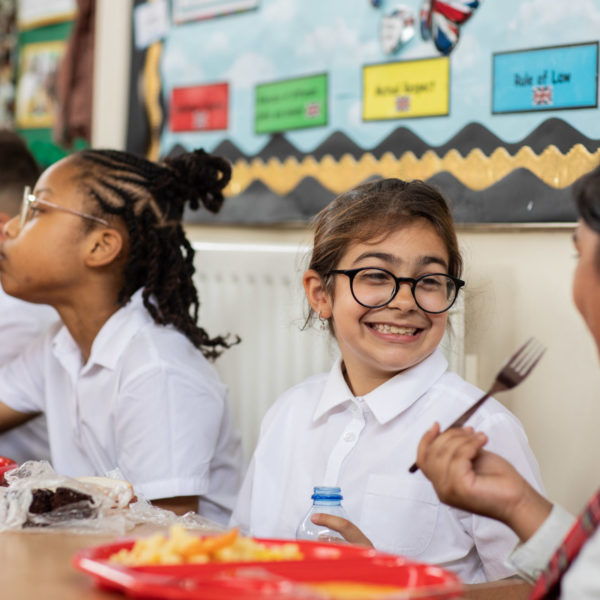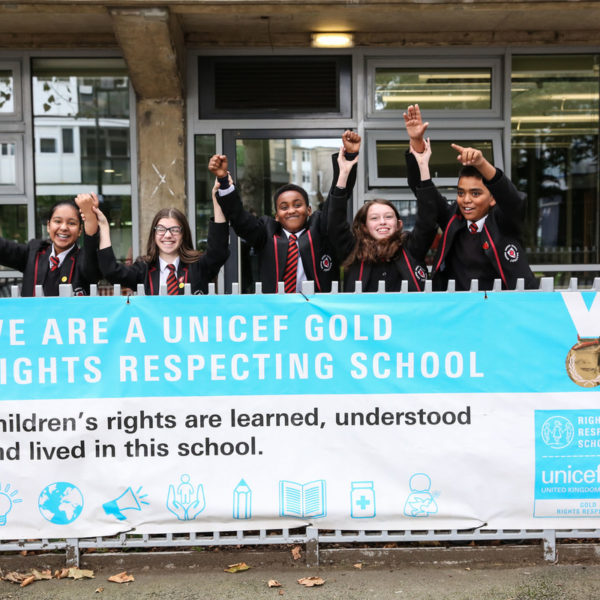Strand C: Teaching and Learning for Rights – participation, empowerment and action
Children, young people and adults in Rights Respecting Schools develop a strong sense of social justice and knowledge of local and global issues from a rights perspective and become ambassadors for rights, locally and globally.
This guidance is aimed at all schools that have registered for the Rights Respecting Schools Award.
These suggestions are all informed by accredited schools. We know that schools have different contexts, so please choose actions from the ideas below (or use your own) that will work in your context to develop the priority areas you have identified from your RAG rating.
There is no expectation that any school should do all of these activities.
- Help the school council, the RRSA Steering Group and other child and young person led groups to understand their role in light of Article 12, considering the actions they take and the impact that it has. Support the groups to evaluate their impact.
- Provide opportunities at different levels for pupil participation. Consider what opportunities there are within and beyond the School or Pupil Council for children and young people to express their views, be listened to and influence positive change in their school. For example:
- In strategic decision making (such as being involved in policy review a ‘child friendly’ version of the school development plan and sitting on interview panels)
- In decisions about their learning (such as feeding into the curriculum, learning reviews choices of what and how they learn)
- In views about their wellbeing (such as behaviour and health, extracurricular activities)
- Participation and representation in school clubs, activities and pupil led roles is equitable and fair amongst pupil groups.
- Identify how children and young people are supported and actively engaged in identifying and reviewing their progress targets and, where relevant, in any other review procedures.
- Use structured and systemic access to appropriate media, news and current affairs to provide a stimulus for child and young people led action.
- ‘Signpost’ children and young people to reliable information and support, both within school and externally. Consider exploring issues such as ‘fake news’.
- Support children and young people to understand the difference between fundraising and campaigning, and provide opportunities for pupils to move beyond fundraising to campaigning and taking active part in social justice initiatives. Focus on global themes, such as fair trade, social justice, climate change and sustainability, and identify how these impact upon children’s rights. Explore with children and young people how you might raise awareness of particular issues, and help to bring about change. For example, hundreds of Rights Respecting Schools took part in UNICEF UK’s Outright campaign which involved writing to their Children’s Ministers, many schools support their local food bank to ensure all children have access to nutritious food, other schools are getting involved in the World’s Largest Lesson to support the UN Sustainable Development Goals.
Activities
- Plan to support other schools with their Rights Respecting journey – visit them or host a visit; organise a joint steering group event; offer to share planning; collaborate on a local campaign or project.
- Develop children and young people’s involvement with charity events, for example choosing charities to support, sharing information, organisation of fund-raising events.
- Start to make explicit connections between charity action and support for the realisation of other people’s (especially children’s) rights.
- Explore what being a rights respecting global citizen means and how making small changes to daily decision making can have a positive impact on the planet and other people e.g. how we use resources, what we choose to buy, how we use energy, recycle, reuse etc. For more information see our ‘guide to global citizenship’
- Schools can also get involved in campaigns to raise awareness and pressure politicians to do more to protect children’s rights. Sign up for Unicef UK’s OutRight campaign, join up with another international campaign such as ‘Send my Friend’ to school or campaign on an issue your pupils feel strongly about using our ‘Youth Advocacy Toolkit.’
- Develop, with your steering group, a strategy for promoting the CRC in your locality. Ideas may include, leafleting, posters in shops, a community event, engagement of politicians, a local rally or march, letters to newspapers etc.
